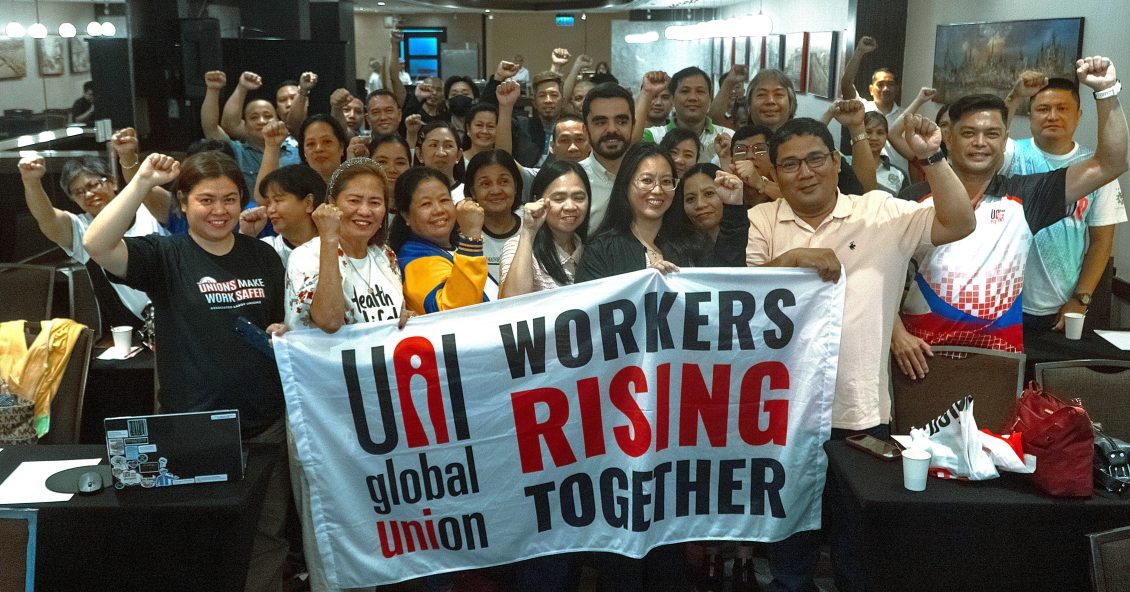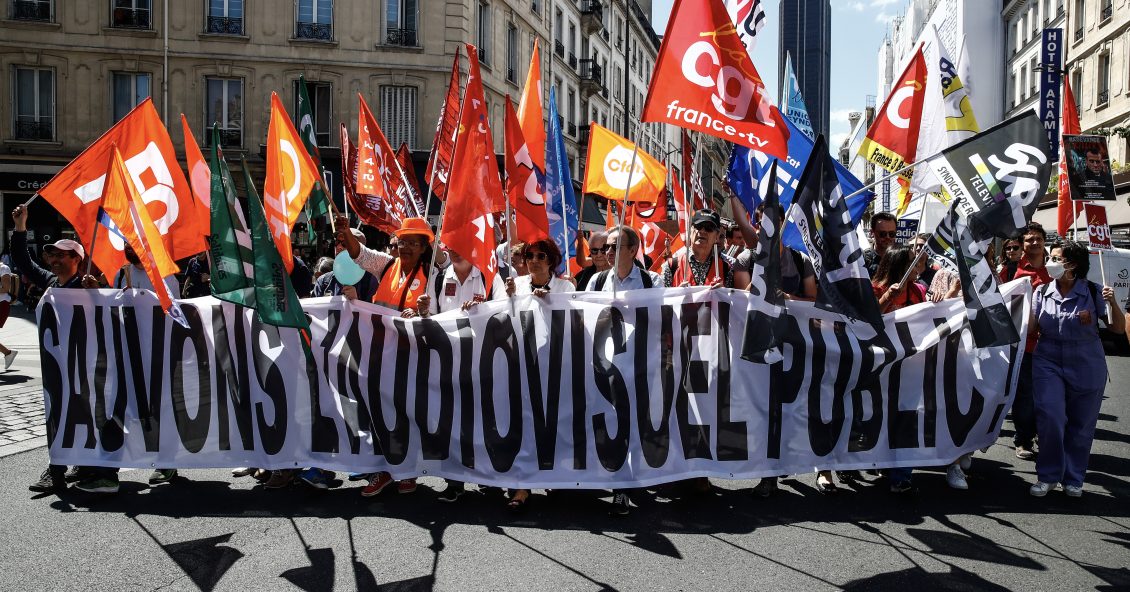Workshops with Healthcare Workers to Combat Gender-Based Violence in the Philippines
06.08.24
In its objective to combat gender-based violence (GBV) in the workplace, the UNI Global Union – Philippine Liaison Council (UNI-PLC) has recently launched a series of focused training sessions titled “Creating Safe and Inclusive Workplaces: Addressing Gender-Based Violence.” in Manila, Morong and Rizal, these sessions were specifically tailored for Barangay Health Workers (BHWs) and private healthcare workers, covering key topics such as understanding the various forms of GBV, its root causes, and the different strategies for prevention and response needed to foster safer, more respectful work environments.
The training sessions provided a thorough exploration and case studies on gender-based violence, focusing on its impact on healthcare workers. Led by Catherine Gayo-Villon, Education and Information Officer at Associated Labor Unions – TUCP, the program defined gender-based violence in its various forms, including verbal, emotional, and psychological abuse. It highlighted how these issues, often subtle and insidious, disproportionately affect women. Participants also discussed the root causes of GBV, such as societal norms and systemic inequalities, and examined its effects on individuals and workplace culture.
A significant part of the training focused on practical strategies for preventing and responding to GBV, including a thorough discussion of the different laws and policies related to gender-based violence. Participants were educated on their legal rights and the protections available to them, which are crucial in combating GBV in the workplace. The sessions concluded with a call to action, encouraging participants to advocate for change in their communities and workplaces, emphasizing that safety, respect, and inclusivity should be integral to everyday work life.
Catherine Gutierrez, a health worker from the Chinese General Hospital Employees Association, emphasized the importance of recognizing various forms of GBV, particularly non-verbal and verbal violence. “Before the training, we often overlooked these subtle forms of harassment, but now we understand them much better. Learning about the different ways gender-based violence can manifest, beyond just physical aggression, was incredibly valuable. This helps us identify and address issues that might have gone unnoticed before, helping us make a safer environment for everyone.”
Similarly, Mabel Napoles, President of the Barangay Health Workers Federation in Quezon City, emphasized the significance of understanding the legal frameworks that protect workers. “As frontliners in our communities, it’s essential for us to be aware of the legal protections in place, particularly those safeguarding women. The discussion on relevant laws and policies was incredibly insightful and will undoubtedly inform how we approach our roles and support those we serve. Knowing our rights and the avenues for recourse can make a significant difference in our work.”
“The impact of the training sessions was evident as participants left with a renewed commitment to fostering safe and inclusive workplaces” UNI-PLC’s Together We Care lead organizer, Antonio Fulgado, emphasized that this training is just the beginning of a larger movement to address gender-based violence in the healthcare sector.
Rajendra Acharya, UNI Asia & Pacific Regional Secretary ‘We are dedicated to continuing our efforts to empower workers with the knowledge and tools they need to cultivate respectful and safe environments. To ensure that every healthcare worker feels supported and protected, UNI will keep pushing for policies and practices that uphold these values
This initiative is backed by UNI Global Union through Together We Care, a groundbreaking initiative to enhance women’s economic security by fostering a skilled, empowered workforce in the health and care sectors supported by USAID, the Ford Foundation and the CARE Fund.


